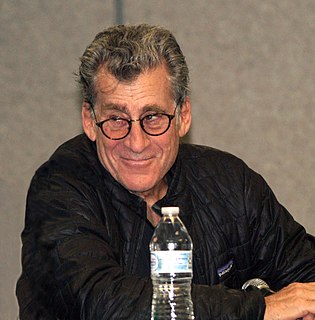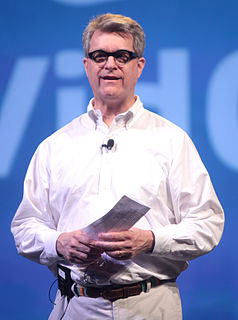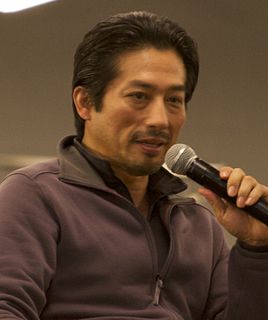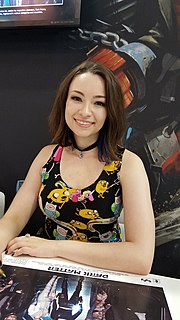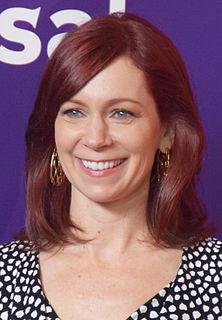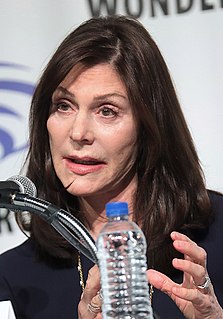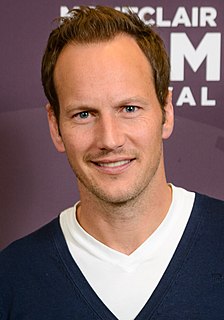A Quote by Ian Mckellen
I've always longed for the theatre and acting to be popular. No actor wants to play to an empty house. We only do it for an audience. The more the merrier. I don't make any distinction between a popular TV series or blockbuster film and doing Shakespeare. They're different, but as long as the material is good and the intention is honourable, it's all the same to me.
Related Quotes
Being an actor in TV or movies is different. A film or TV actor, if put in theatre, won't know certain dimensions, while a theatre actor won't know certain things when he comes before the camera. So I think a film actor can learn emoting from this theatre counterpart, while the theatre actor can learn about camera techniques from the film actor.
My background is that I've spent a lot of time marketing entertainment. One of the old saws in package goods is you can take something that is popular and you can make it more popular. But if you take something less popular, you can't automatically market it into the same success as something that's already popular.
Richard Donner made great movies. Seminal movies. The Academy, though, and we have to be careful here, should recognize popular films. Popular films are what make it all work. There was a time when popular movies were commercial movies, and they were good movies, and they had to be good movies. There was no segregation between good independent films and popular movies.
A lot of times, in film and TV, they just want you to play yourself. But, when you're someone who's more of a character actor, you get to experience what it feels like to play a bunch of different kinds of people. I find it more invigorating than challenging. I definitely trust the writers to give me the material that I will take and turn into the person that I'm playing.
What I'm always afraid of is going "off-book,I always get upset when the director leaves the classic comic that was so very popular. I argued, and I won't say with who about what, but when we go way away from the original source material... that material is popular for a reason and I like to stick with it.
The first thing I say when people ask what's the difference [between doing TV and film], is that film has an ending and TV doesn't. When I write a film, all I think about is where the thing ends and how to get the audience there. And in television, it can't end. You need the audience to return the next week. It kind of shifts the drive of the story. But I find that more as a writer than as a director.



